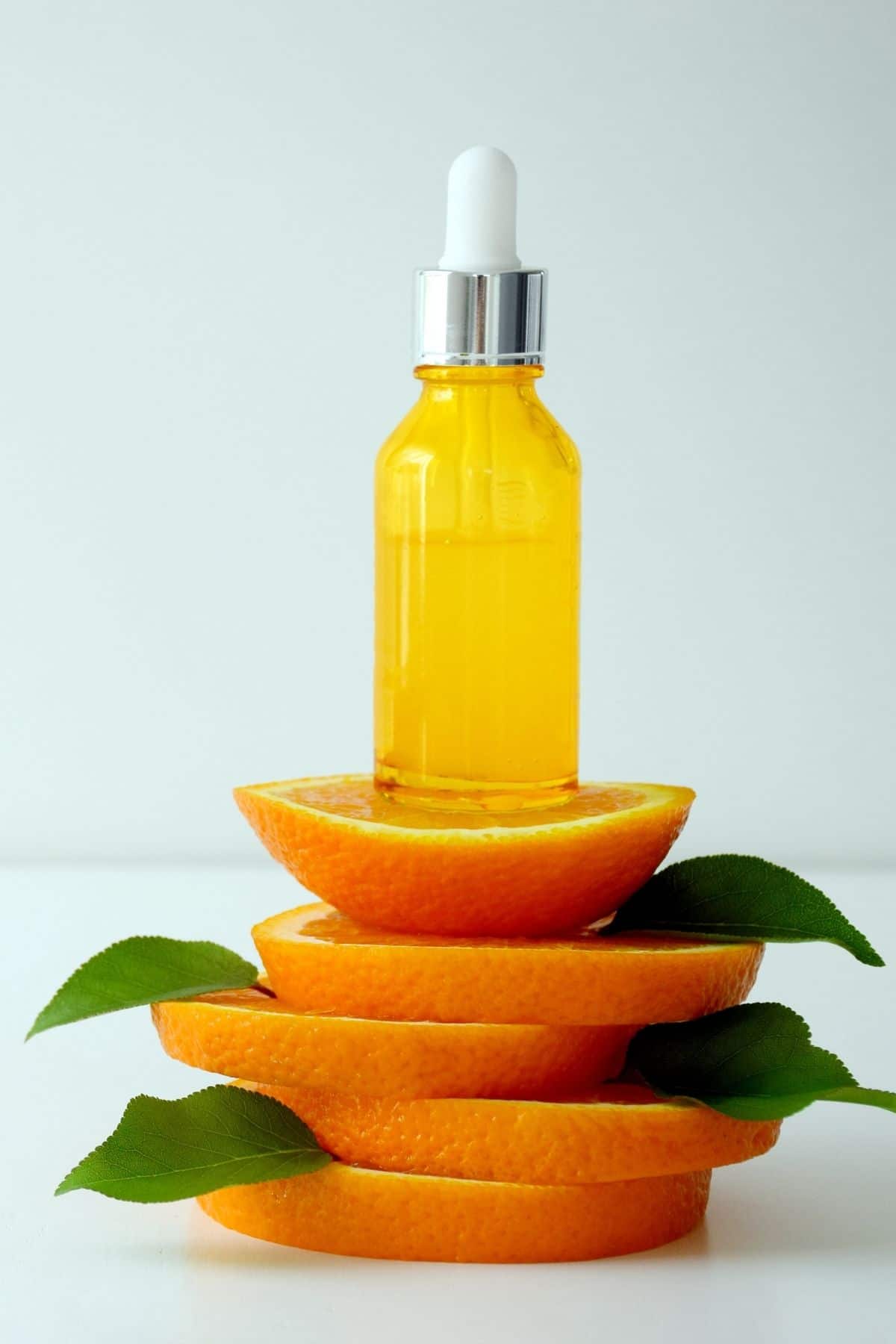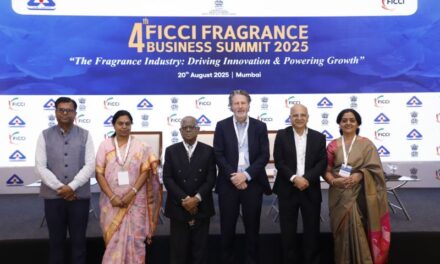The Sustainable Sourcing Revolution & the Beauty Industry
Image used for illustrative purposes only
As the world of consumer choices and cosmetic wonders continues to evolve, a powerful force -“eco-consumerism,” is on the rise. This trend ignites a profound sense of responsibility among individuals, compelling them to make conscious decisions with their wallets. While this trend has been simmering beneath the surface for some time, it was the global disruption caused by the COVID-19 crisis that pushed it to the forefront.
Once regarded as a realm of opulent indulgence, the cosmetics industry now finds itself under the magnifying glass, subjected to stringent standards of Hygiene , safety and ethical beauty. The foundations of this new era are anchored in the adoption of organic and natural products, the establishment of local supply chains, the cultivation of ethical partnerships, the embrace of green technologies with minimal carbon footprint, and the pursuit of sustainable sourcing for cosmetic ingredients. It is widely understood that the true charm of sustainable beauty lies in the ethical sourcing of raw materials.
A burgeoning community of conscientious consumers are demanding change. People are simplifying their beauty routines, opting for fewer products that promise superior quality. Their ideal blend include ingredients sourced from nature, exceptional performance, health benefits, and a minimized environmental impact. This transformation heralds the dawn of a new philosophy, known as “skinimalism,” where simplicity is the reigning principle.
Image for illustration purpose only.
Modern consumers are vocal about their expectations, desiring products that ticks key boxes viz:
Natural ingredients, with organic options considered the pinnacle of desirability.
Unquestionable transparency and traceability, from the inception of an ingredient to its final form.
A firm commitment to minimizing environmental impact throughout the entire production and transportation process.
Amidst this diverse group of conscientious consumers, a unique tribe known as the “localists” has also emerged. Localists are champions of simplicity and sustainability, preferring products with minimal demands on the environment and climate. They streamline their beauty routines to include only environmentally-friendly products. They scour the market for brands with strong ecological and ethical credentials, often validated by third-party labels or social media approval. In response to the unique needs of these localists, beauty brands have begun exploring new territories, experimenting with waterless beauty, upcycling, carbon neutrality, and reusable packaging. The spotlight has shifted to the sourcing of cosmetics and the creation of responsible supply chains. The buzzwords that resonate are “organic” and “ethical,” designed to meet the demands of both consumers and the planet. These responsible sourcing initiatives include
- Cultivating plants organically or harvesting wild flora thoughtfully, with a commitment to preserving delicate ecosystems.
- Leveraging green technologies to design eco-friendly ingredients.
- Embracing full traceability and transparency within the supply chain.
- Fostering ethical relationships and building partnerships with suppliers, marked by open communication and trust,that ensure mutual benefit, characterized by fairness and transparency in pricing.
The concept of local sourcing has also come into play. The shorter the distance that raw materials travel to reach the production facility, the better it is for both the final product’s quality and the environment.
Image used for illustrative purposes only
Another crucial aspect of sustainability is UPCYCLING. This involves the art of transforming food industry peels, forest bark, or discarded seeds into high-value products. It is a win-win scenario, generating additional income streams for businesses while reducing waste.
In this new era of sustainability, greenwashing is a big no-no. Eco-conscious consumers have become discerning, demanding evidence to substantiate claims of natural and sustainable ingredients. They seek validation from recognized certification bodies such as Ecocert Cosmos or UEBT (Union for Ethical BioTrade), ensuring that the products they purchased originated from responsible supply chains.
So, the beauty industry evolves, embracing sustainability with vigor and innovation. In this world, eco-conscious consumers hold the power to reshape an entire industry. Transparency, natural ingredients, and minimal environmental impact were their guiding lights.The days of empty claims are long gone, and the future belonged to those who can substantiate their commitment to sustainability, ensuring that beauty is not merely skin deep.

Author : Sheela Iyer
sheela@cosmetech.co.in
Sheela Iyer is an observer of the Indian Cosmetics & personal care industry and the editor of ‘Cosmetech’. She regularly video interviews industry experts on Cosmetech TV and has her fortnightly podcast ‘Cosmetics Today’













Subscribe To Our Newsletter
Join our mailing list to receive the latest news and updates from The Cosmetics industry
You have Successfully Subscribed!